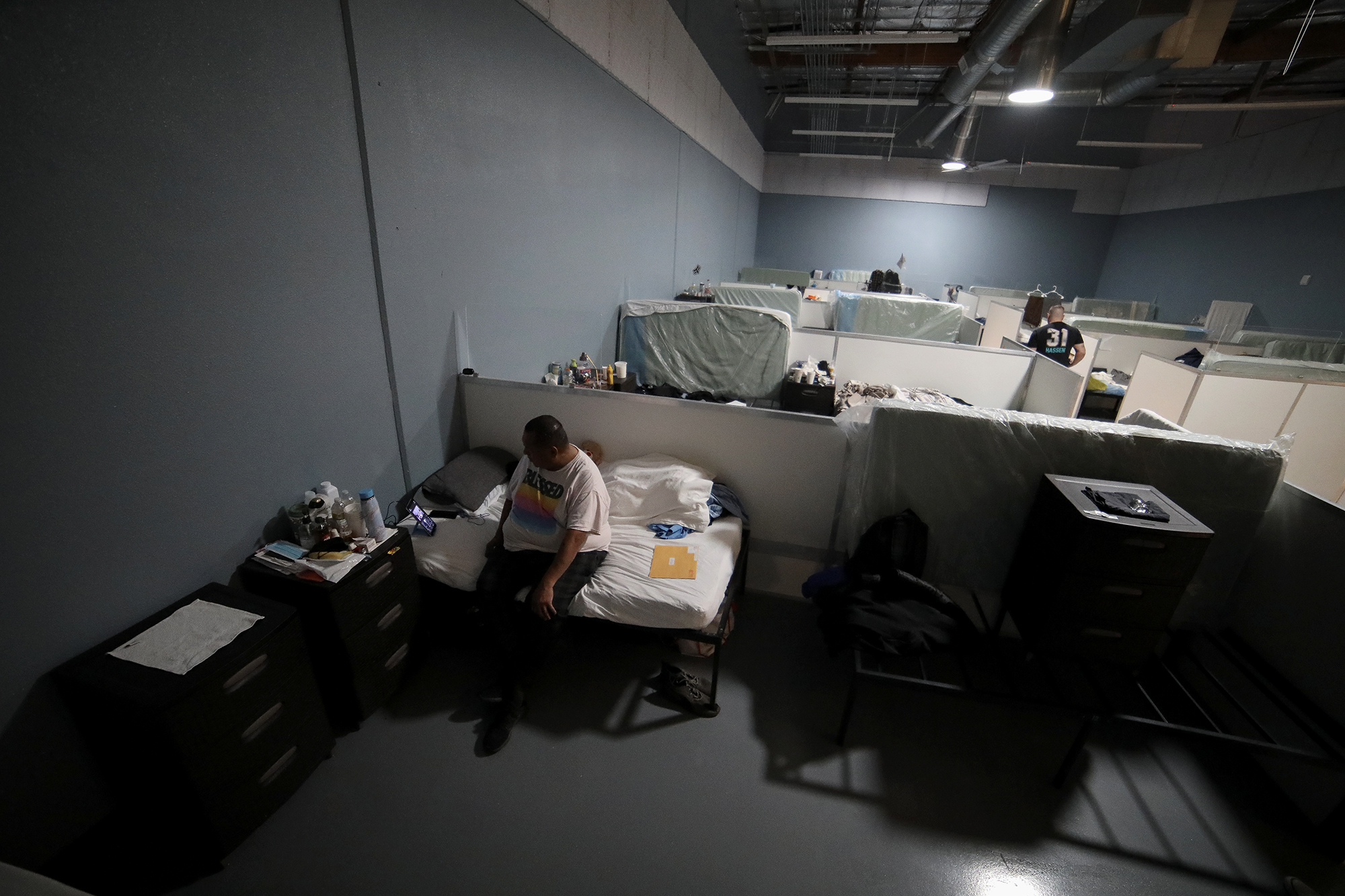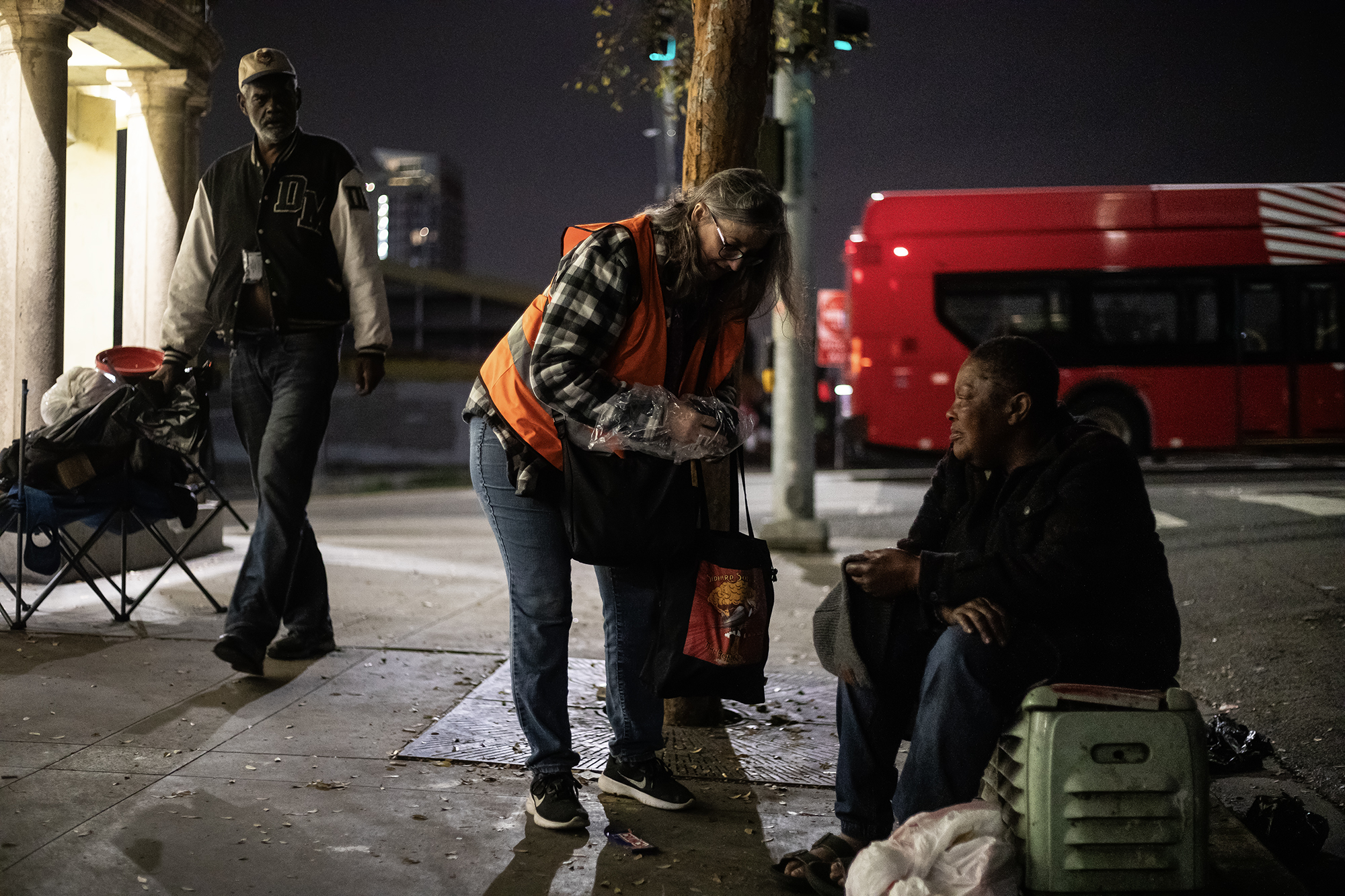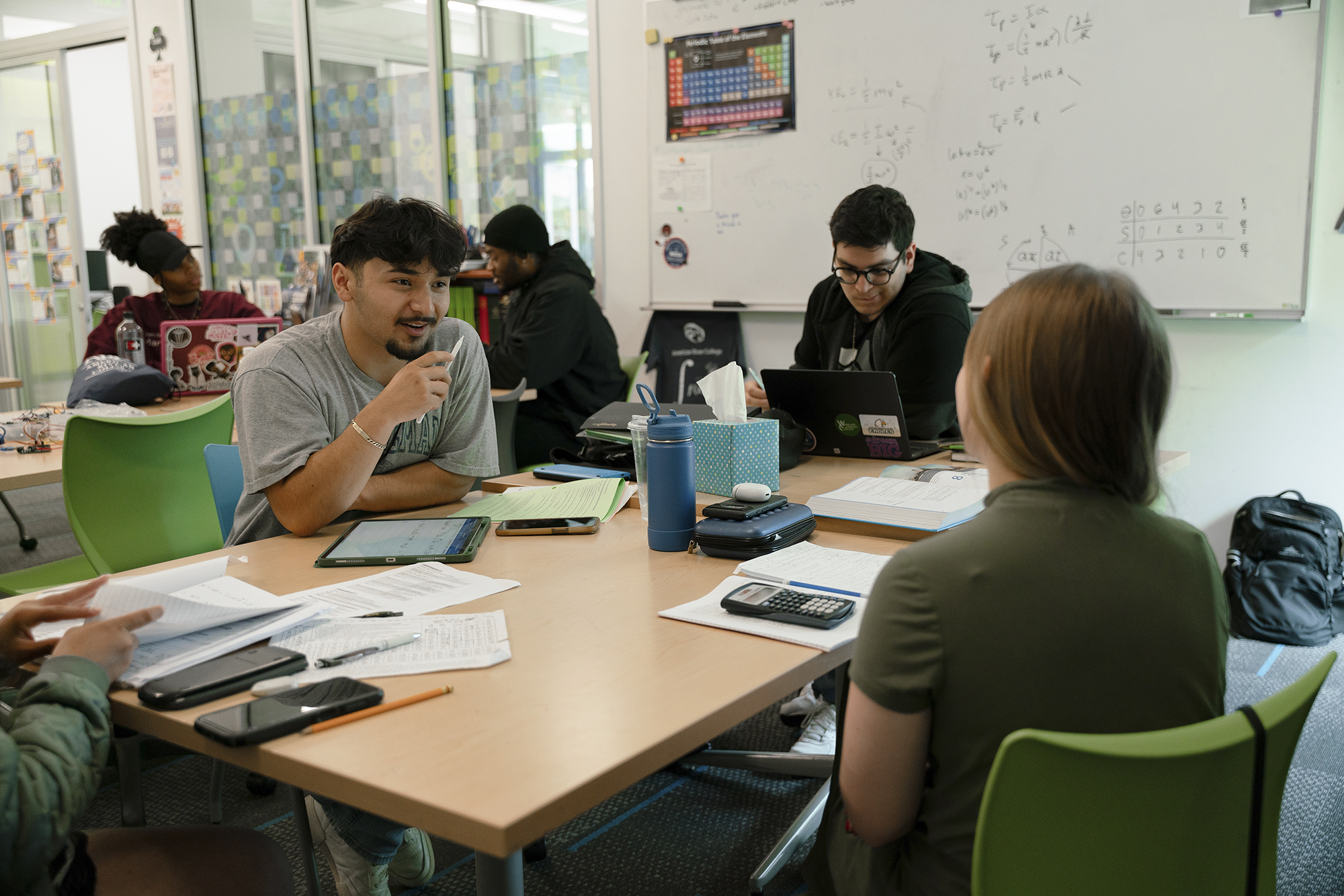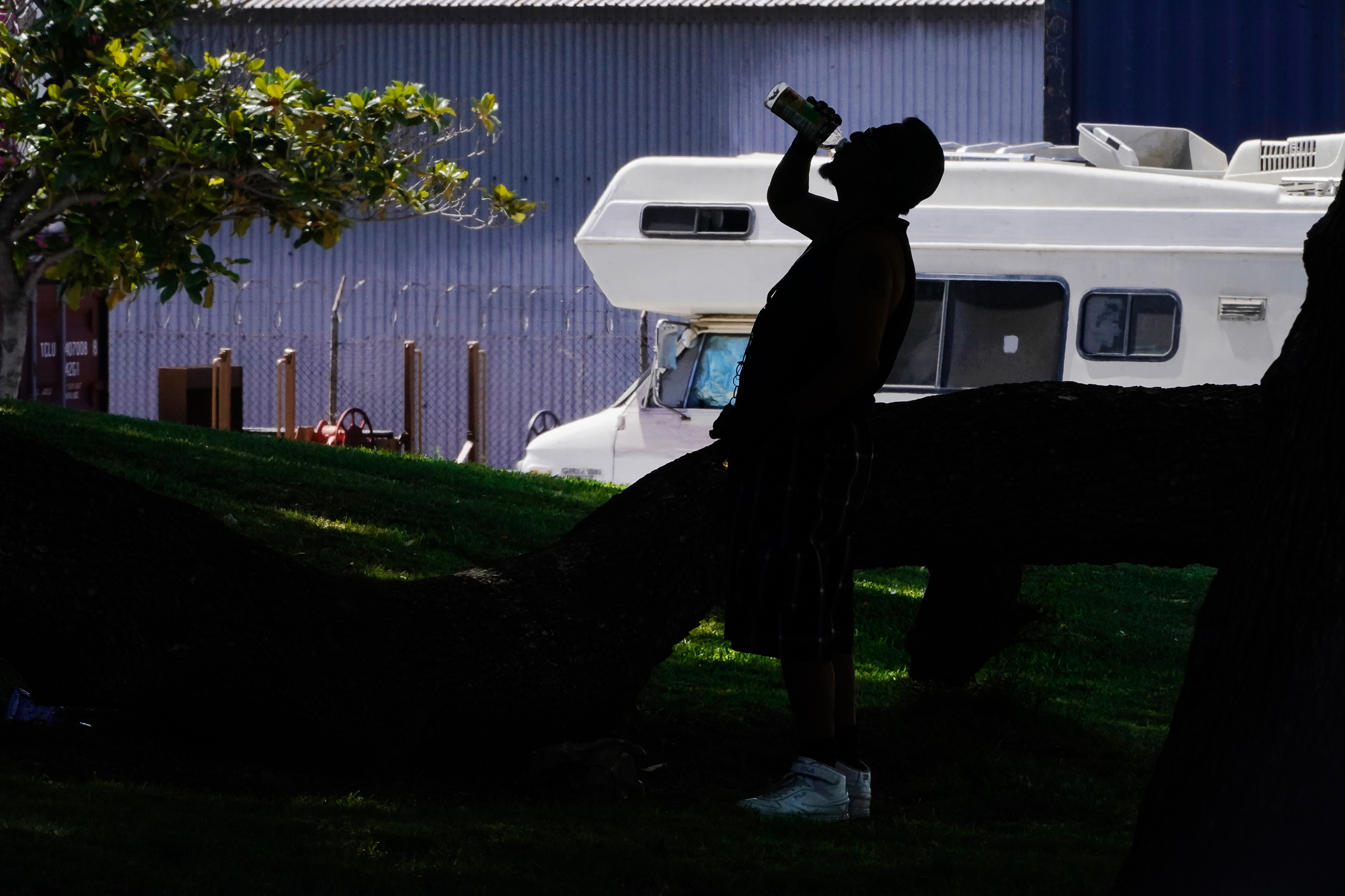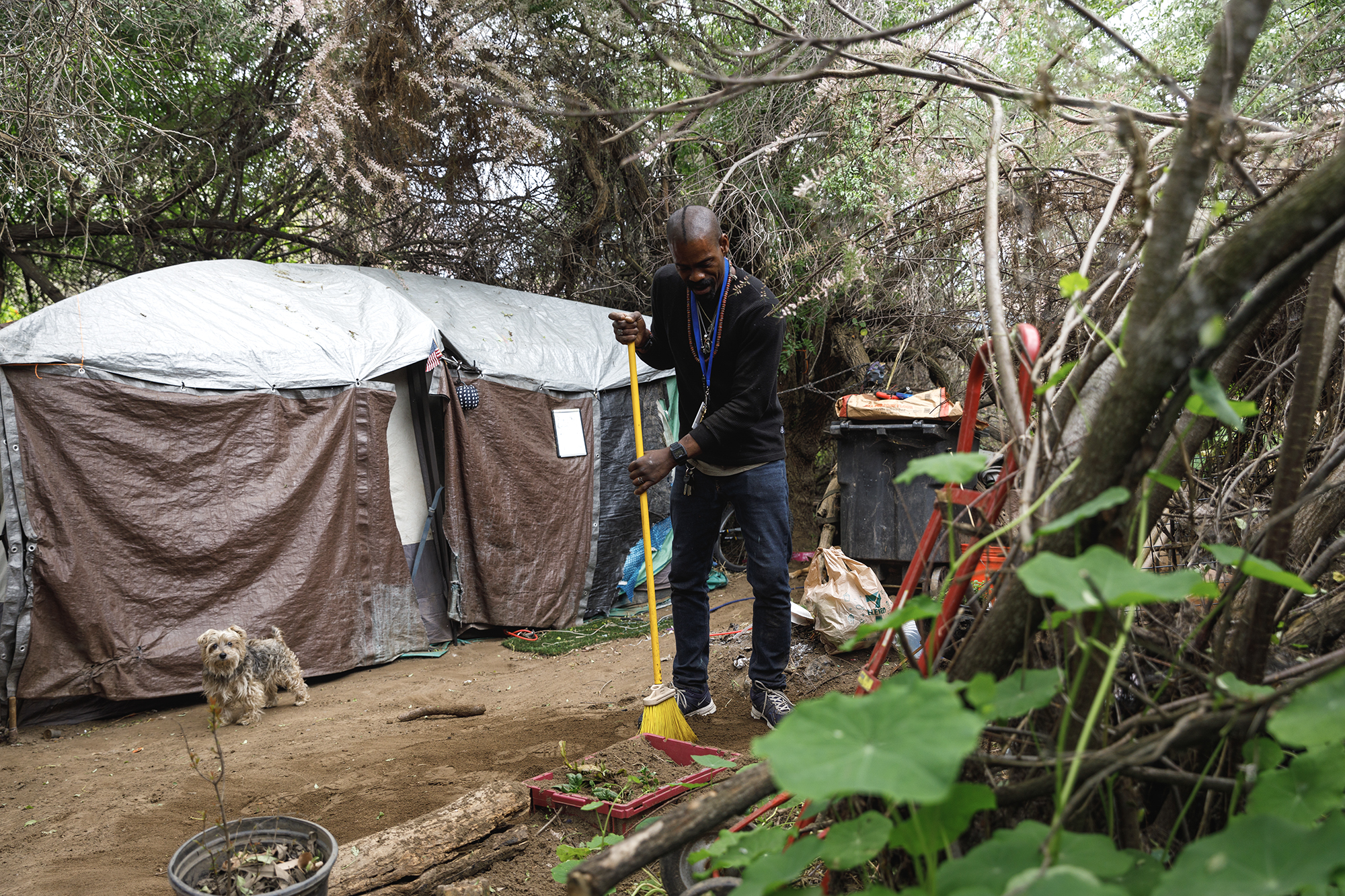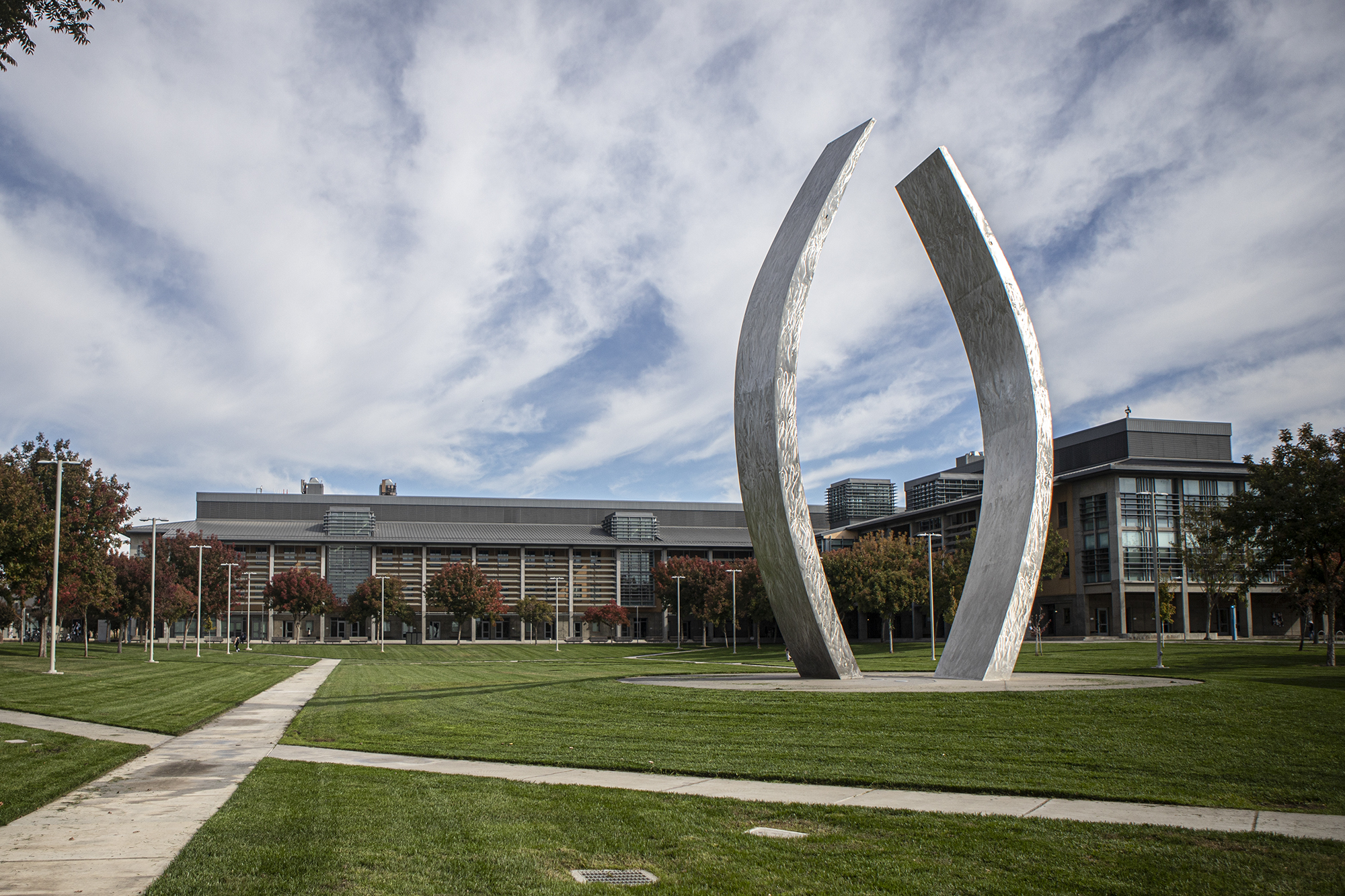In summary
Just before she was elected to Ventura City Council Liz Campos was evicted. Now she lives in a van and she has ideas about how to help others who have no home.
An estimated 172,000 people are homeless in California, the largest homeless population of any state in the U.S., and contrary to the stigma, many are working professionals. A 2017 survey of the homeless population in San Francisco found that 13% reported having part-time or full-time employment. A sign of how dire things are in California: advocates in San Diego have reported meeting doctors who are experiencing homelessness.
Ventura City Councilmember Liz Campos has been without a home since late 2022 — a couple months before she was elected to her first term. A former middle school teacher, Campos has lived in Ventura for about 22 years.
She answered the following questions, which have been lightly edited for space.
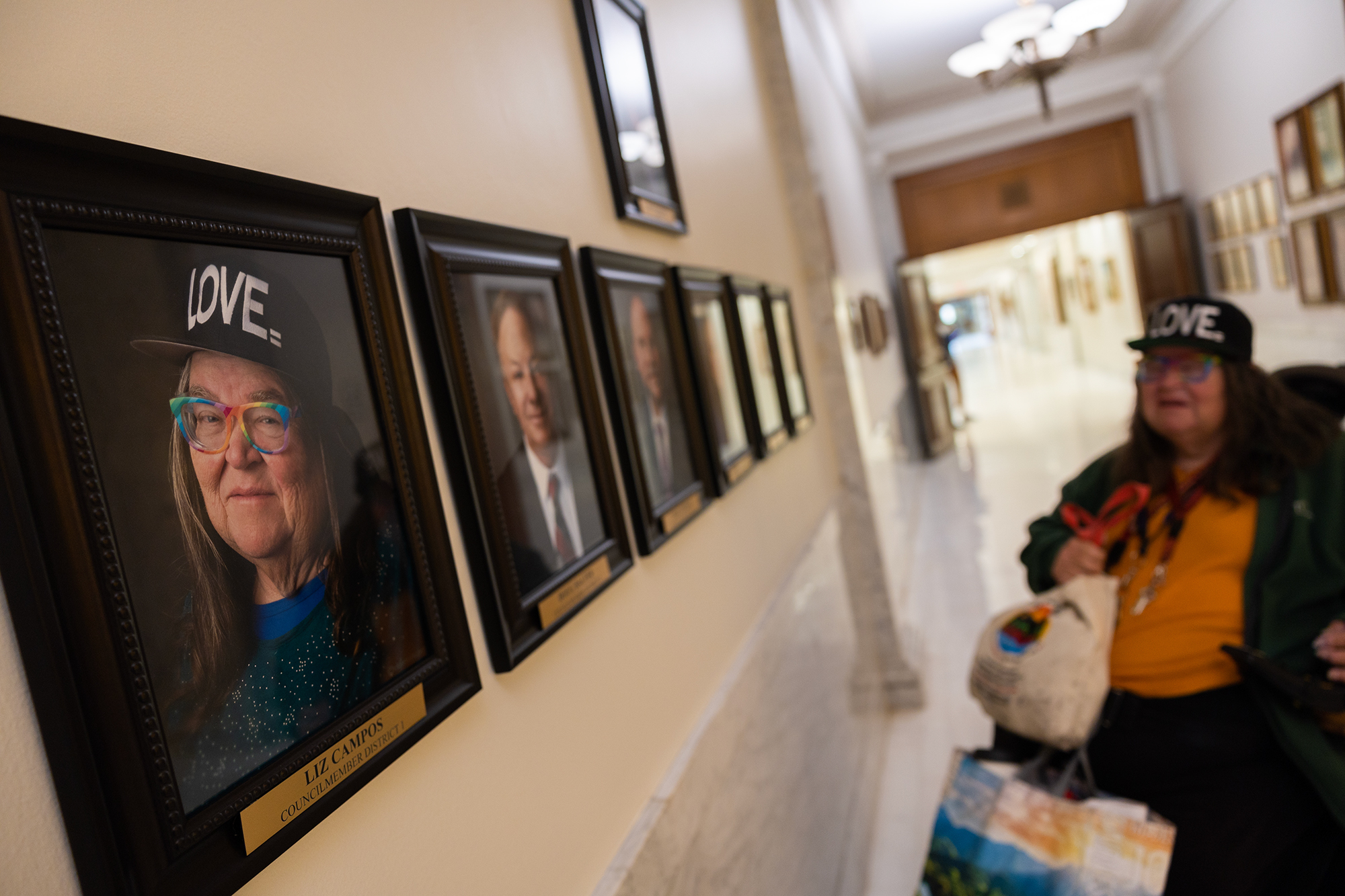
1) How has your personal experience with homelessness influenced your perspective and decisions as a city council member?
I’ve been a strong advocate for the homeless population since college when I did an internship at a program for homeless people. I don’t think that has changed since my election. I am homeless because, during my campaign, my landlord disagreed with my politics, evicted me, and then sold the house. What that experience has caused is my advocacy, even battle, to bring clearly defined, enforceable tenant protections to Ventura.
2) What specific policies or initiatives would you advocate for to address homelessness in your city? What about in California?
I believe all cities and counties should have strong, enforceable tenant protections to prevent increasing the population of unhoused individuals. I would spend whatever it takes to provide basic services for individuals who are homeless, including showers, laundry, a change of clothing, and a “listening post” where homeless persons can tell their stories, vent, complain, or just receive a little compassion. This could be connected to housing services, sheltering, meals, etc.
I would also work to change the message about “solving homelessness,” and the message that building more expensive housing will open up more less expensive housing and be a solution. Each building that goes up where condos are a million dollars only causes the cost of lower-income rentals to increase.
Additionally, I would create strong, enforceable regulations for short-term vacation rentals. The owners of these push the message that they do not affect homelessness, but each rental converted to a short-term vacation rental takes a unit off the market, and one more family is without a home. We have hundreds of schoolchildren in Ventura who are homeless; how is that acceptable? The homeless children are not “vagrants” or criminals.
3) What challenges do you face serving in your role as a city council member while homeless, and how do you overcome them?
My situation is better than many unsheltered homeless. I have a van I live in on private property where a family generously allows me to have a permanent address.
It still is a very difficult lifestyle as I am confined to using a wheelchair for mobility. The most difficult is hearing the hateful rhetoric against all persons who are homeless, as if everyone made a rational choice. It is hard to listen to without reacting, but as an elected official, I must simply listen carefully, and share my story to those who seem to care. It is also difficult not to have my own fulltime shower and cooking facility. I make do but feel bad when I have to appear for a public event with little sleep and having not showered for weeks.
The work of the city itself is not a burden, although it is not easy to have to utilize libraries and City Hall to keep up with the reading, email, communications, etc.
Speaking of making choices: I overcome the challenges by choosing to be happy and accepting and focusing on helping others who are less fortunate than me.
4) What would you like other people to know about people experiencing homelessness?
First, that they are human beings, like everyone else; not all are drug users, criminals, or bad people. Those who live in houses should smile and greet the ones they perceive as homeless, and they may be surprised at the experience.
5) How can the city and state better support individuals at risk of becoming homeless?
By finding a way to regulate the vacant housing stock in each city and county Ventura has hundreds of empty units. If we can craft a way to force 50% of all new housing to be available to those with the lowest incomes, we would not have people living in the streets. We must define the term “affordable,” and we should not let “inclusionary” housing exclude the poorest among us.



